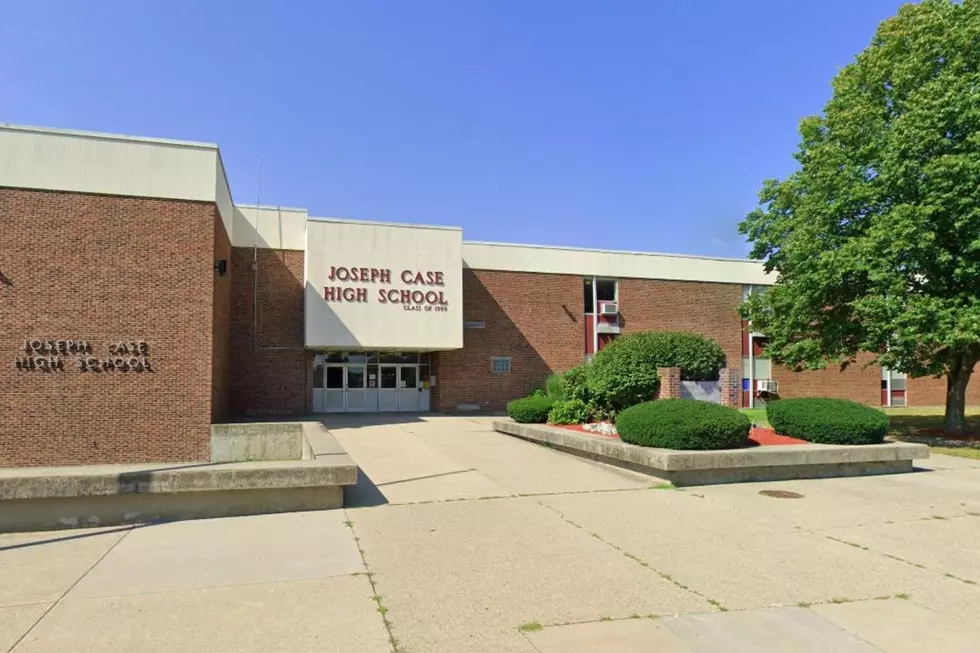
Swansea Swan Deaths Due to Bird Flu, Officials Say
SWANSEA — Tests have confirmed that six swans found dead in Swansea were positive for a highly contagious strain of bird flu that has been killing birds in recurring nationwide outbreaks since last year.
Swansea officials said in a release that the U.S. Department of Agriculture, the National Wildlife Center, and Tufts University told them that the six dead swans and a goose tested positive for the highly pathogenic avian influenza.
There are currently no bird flu cases either reported or detected in humans or domestic livestock, either in Swansea or in Bristol County, the release stated.

What is Bird Flu?
Bird flu is a common strain of flu that can spread from birds to humans through various secretions, including feces.
Water fowl and shorebirds, particularly ducks, are most likely to carry the virus.
Avian flu is not common for humans but is highly contagious for birds and can be fatal for them — including domestic birds like chickens and turkeys.
Last year's bird flu outbreak was blamed for an egg shortage that saw egg prices skyrocket.
But according to the CDC, the public health risk for humans during bird flu outbreaks in flocks is low.
What Should Residents Do?
Bristol County residents should avoid unnecessary contact with birds, if possible, to prevent infection or spreading of the virus.
Humans can be infected if the virus gets into their eyes, nose or mouth, or is inhaled.
Residents with domestic flocks are urged to ensure good biosecurity practices are being followed.
Flock owners should keep wild waterbirds away from their flock.
Contaminated shoes, clothing or equipment may also accidentally expose flocks to the virus.
Bird Flu in Swansea
In March, Swansea officials started monitoring a cluster of bird deaths that started with nine swans.
Since then, a total of 24 swans and one goose have died in the town — and all six that were sent for testing came back positive for the bird flu virus.
Many of the dead birds were not able to be tested due to advanced decomposition or lack of access to the bodies.
Swansea Select Board Chairman Christopher Carreiro said the town "will continue to work with our state and federal partners to monitor bird activity in the area and, if needed, conduct further testing."
"We would like to strongly reiterate that at this time we have had no reports of Avian flu detected in any residents or their domestic livestock, however, we urge community members to exercise extreme caution and not interact with any wild birds," he added.
If You Find a Dead Bird
Anyone who finds a dead bird in the town of Swansea is asked to call Animal Control Officer Lisa White at 508-679-6446.
If the bird is domestic, call MDAR Animal Health at 617-626-1795, or use the online Poultry Disease Reporting Form.
Those who find wild birds can call MassWildlife at 508-389-6300.
Massachusetts Wildlife You Can Legally Take Home as Pets
These Common Plants Are Illegal in Massachusetts
More From WFHN-FM/FUN 107









